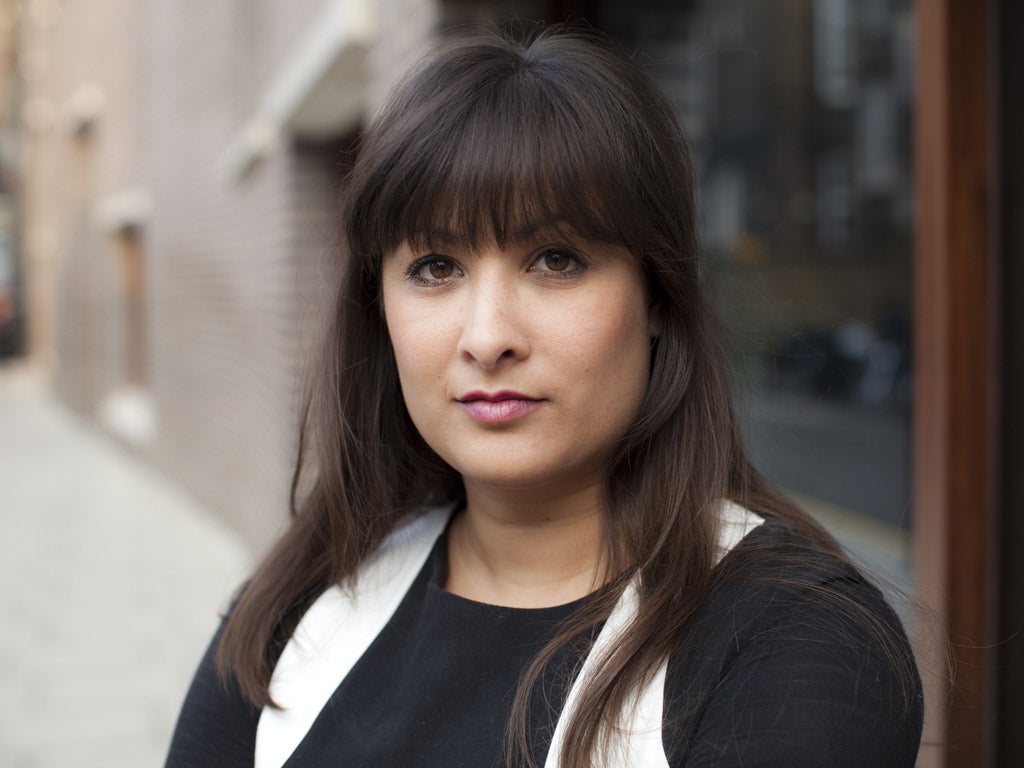Tara Lyle: Is the European Court of Human Rights the villain it is being presented as?
If the European Court of Human Rights were a celebrity, it would have likely hired Max Clifford by now, and together they would have broken the record for filling the most law suits for libel and slander

Britain’s Lord Chancellor is hosting a high-level meeting in Brighton where a number of proposals are being debated which were put forward by the UK government and are designed to alter the way that the European Court of Human Rights operates.
‘Good’ you may be thinking. ‘Boo’, ‘hiss’ and ‘down with that sort of thing’ is probably the likely collective murmur across the land. That is hardly surprising, given that we have spent the last few years watching the Court being painted, manoeuvred and scripted into the guise of pantomime villain and now it looms before us, fully fledged – insisting that criminals get the vote and suspected terrorists get to stay. It’s human rights gone mad.
Fear not, good old sir Galahad is here - in this production played by the gallant David Cameron - and he has vowed to free us from the clutches of this Medusa. This week’s Brighton conference will level a final, disabling blow at the Court and prevent it from sticking its nose in British business forthwith.
The problems with this story are twofold. Firstly, is the Court really the villain it is being presented as, or is this a PR victory for a government which has whipped the country into a frenzy of indignant fury over this meddling enemy? Secondly, what are the implications of crippling the power of the Court for the 800 million individuals for whom it is the last recourse against governments with dismal records on human rights eclipsed only by their appalling records on accountability?
If the European Court of Human Rights were a celebrity, it would have likely hired Max Clifford by now, and together they would have broken the record for filling the most law suits for slander, defamation and libel. The way that the Court’s decisions, powers and purpose are misrepresented is staggering, and unprecedented. It is to the shame of our media and our politics in this country.
For a start, there’s prisoner-voting gate. Let’s set the record straight there. The Court simply ruled that a blanket ban on all prisoners being able to cast a vote was unfair, and that it would need to be revisited by the British Parliament. That is definitely not to say all prisoners should get the vote. It is not to say that most should. It simply means that a total exemption for any prisoner of any variety is not reasonable. It is up to the UK Parliament to decide how to give effect to that ruling. Then there’s Abu Qatada and the fact that the Court said he cannot be deported to a country where there is a real risk he will be denied a fair trial which would use evidence obtained through torture against him. It is a longstanding principle of both UK and international law that everyone gets a fair trial. It is certainly one of the founding principles of the UK's value system – we cannot abandon such a deeply-held principle just because we dislike some of the people involved. Human rights are for the worst of us, as well as the rest of us. If we waver in testing times, then quite frankly it is just as well we have got the Court to remind us of our values. Lest we forget, this same Court also reprimanded the UK government when it wanted to indefinitely retain the DNA of innocent people, when it placed restrictions on the freedom of the press and when it decided that it was happy to indefinitely detain terror suspects without charge or trial.
Amnesty International does welcome a number of the changes which seek to reduce the number of cases heard at the Court, by putting a greater emphasis on the way that human rights are considered in domestic courts, within countries. That would be a wonderful development that might see everyone a winner. The obvious way to reduce the number of decisions overturned by the European Court is for every country to make the right decisions in its own court in the first place. In short; “the problem is not that people complain to the Court, it is that they have reason to complain to the Court.” However, the new system put forward by the UK government relies on each Member State declaring that their own courts already give due consideration to human rights in arriving at judgements, and every government is likely to claim that they do that.
Contrary to public perception, cases from Britain account for only 2.4 per cent of those reviewed by the court. More than 25 per cent of cases come from Russia. This February, the court found Russia responsible after police took a man from his cell into a forest where they beat, kicked and throttled him to force a confession to murder. The Court found that the authorities routinely failed to investigate police crimes and to bring those responsible to justice. If we are looking for someone to cast as a villain, perhaps we need to look at the people in the dock, rather than the dock itself.
Tara Lyle is Policy Adviser at Amnesty International UK

Join our commenting forum
Join thought-provoking conversations, follow other Independent readers and see their replies